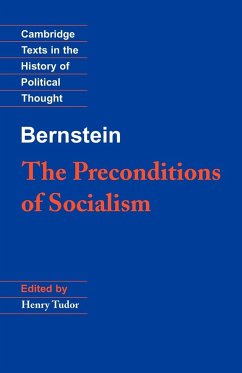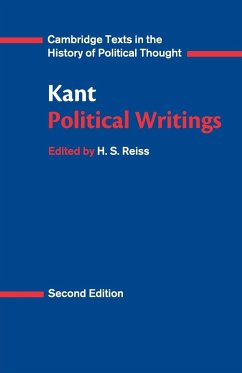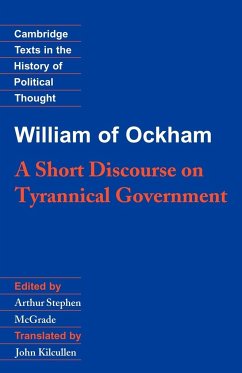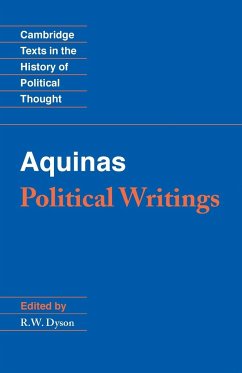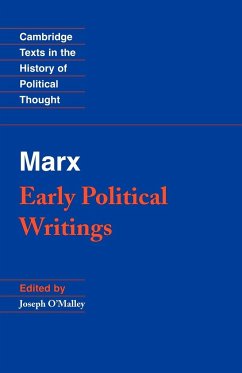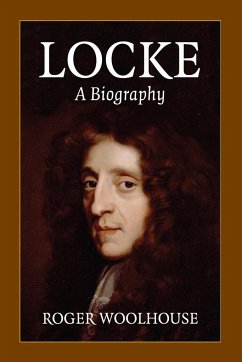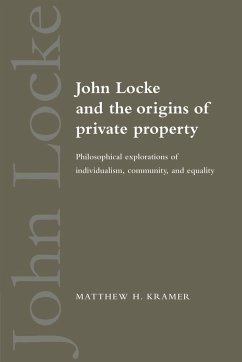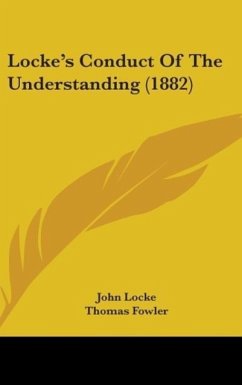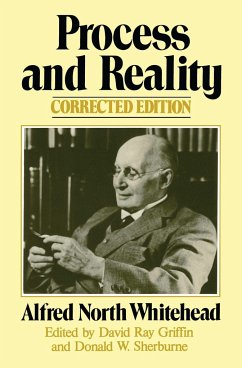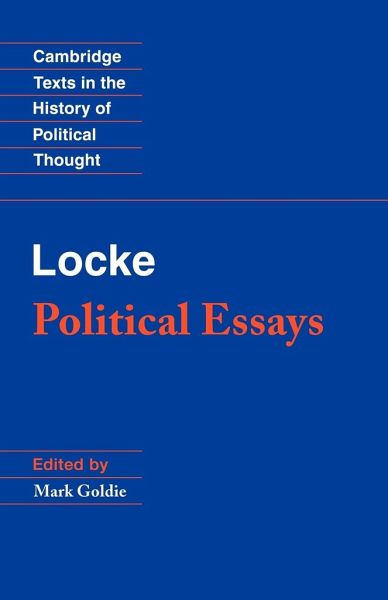
Locke
Political Essays
Herausgeber: Goldie, Mark; Geuss, Raymond
Versandkostenfrei!
Versandfertig in 1-2 Wochen
46,99 €
inkl. MwSt.
Weitere Ausgaben:

PAYBACK Punkte
23 °P sammeln!
This is a comprehensive collection of essays on politics and society by one of the greatest philosophers in the western tradition. It will be essential reading for all students and scholars interested in John Locke and in the politics, philosophy and the history of early modern Britain.





